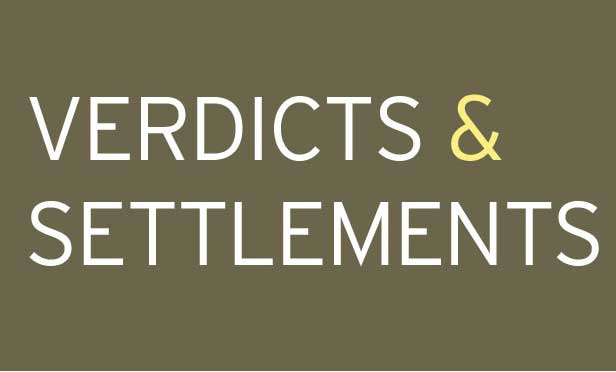Last week the U.S. Supreme Court significantly narrowed the definition of a “whistleblower” under Dodd-Frank. In Digital Realty Trust v. Somers, the court, ruled that for an employee to be deemed a whistleblower under Dodd-Frank, and thus be entitled to Dodd-Frank’s anti-retaliation safeguards, he must report the information relating to a violation of securities law to the Securities and Exchange Commission. Relying on the plain language of the statute and its legislative history, Justice Ruth Bader Ginsburg, held that an employee who merely reports potential securities law violations internally has not done enough to avail himself of the extensive Dodd-Frank anti-retaliation protections, including “the immediate access to federal court, a generous statute of limitations (at least six years), and the opportunity to recover double backpay.” The court’s opinion is interesting both for its rejection of deference to the SEC’s rulemaking, and the policy implications that will likely flow from mandating reporting to the SEC.
Statutory Framework and Regulations
The Dodd-Frank Act was passed in 2010 in reaction to the financial crisis “to safeguard investors in public companies and restore trust in the financial markets … ” Designed to incentivize employees to report possible corporate misconduct or fraud, it created a cash rewards program whereby whistleblowers would be entitled to “10 to 30 percent of the monetary sanctions collected” in an enforcement action based on their information. They also had a right to significant anti-retaliation protections. In part of the statute, Dodd-Frank defined a “whistleblower” as “any individual who provides … information relating to a violation of the securities laws to the commission, in a manner established, by rule or regulation, by the commission.”


 David L. Axelrod and Priya Roy, Ballard Spahr
David L. Axelrod and Priya Roy, Ballard Spahr




